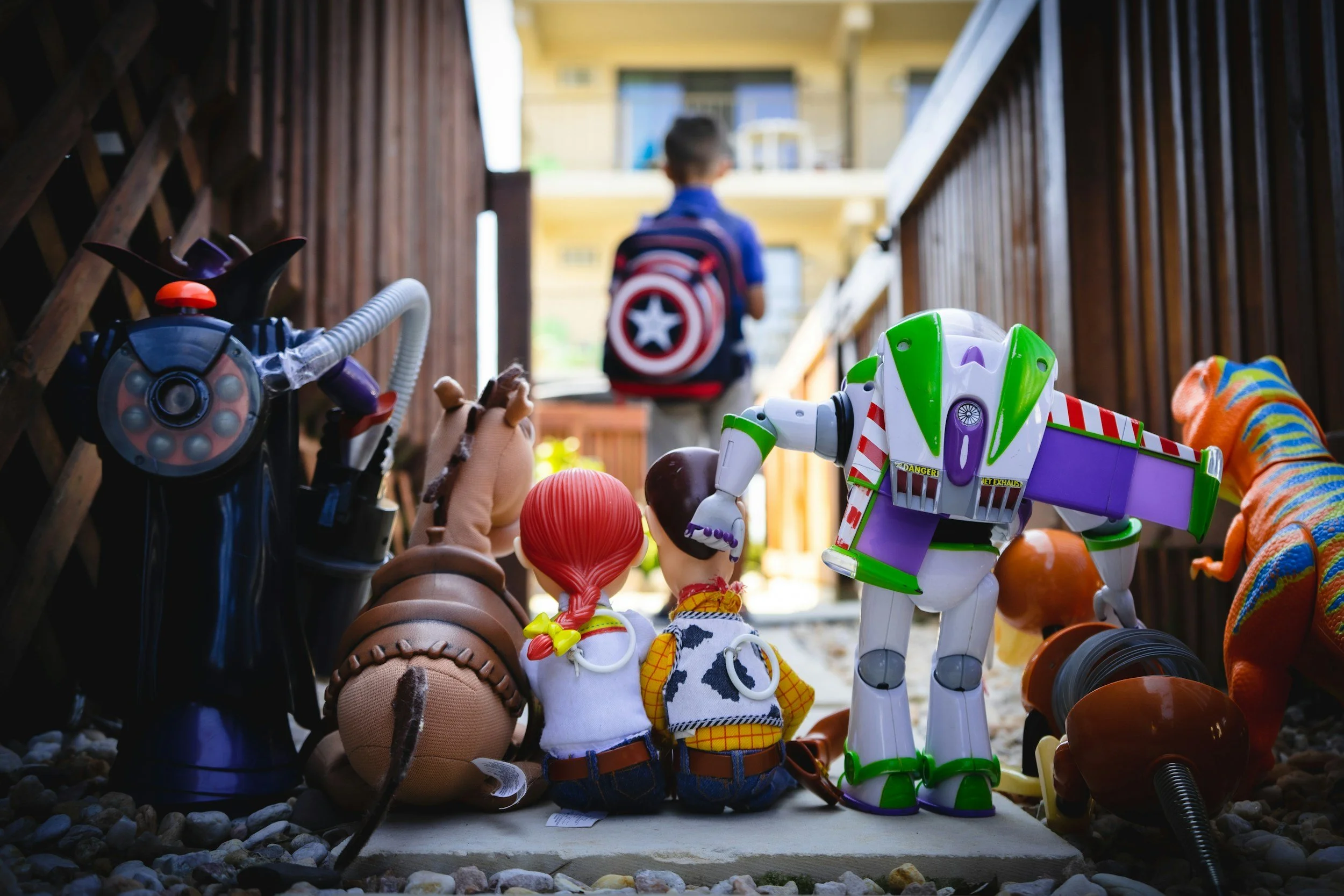Back to School Worries Are Normal. Here’s How to Help Your Child Navigate Them
As summer winds down and the school year approaches, it's completely normal for both kids and parents to feel a mix of anticipation and worry. Whether it’s wondering who their teacher will be, what friends will be in their class, or how the new routine will go, uncertainty is part of the back-to-school experience.
Hi, I’m Jackie, founder of Middle Path Counseling, and as both a therapist and a parent, I’ve seen just how common these back-to-school jitters are. What matters most isn’t trying to eliminate the anxiety. It’s helping kids (and ourselves) learn how to manage it. Below are five practical tips to support your family in this transition, rooted in evidence-based strategies that build resilience and emotional flexibility.
1. Normalize Worry Without Feeding It
Let your child know that feeling nervous before school starts is completely okay. Instead of trying to “fix” the worry by offering constant reassurance, try saying something like:
“Yep, starting something new can feel a little weird. That’s totally normal.”
This helps your child feel understood without reinforcing the idea that they need to avoid or solve every uncomfortable feeling.
2. Limit Accommodations That Shrink Their World
It’s tempting to manage your child’s anxiety by adjusting plans—calling the school to ask for class lists, emailing teachers early, or even suggesting they stay home if they’re upset. But over time, these accommodations can send the message that they can’t handle uncertainty or discomfort. Instead, keep the routine moving forward and gently hold boundaries, showing confidence in your child’s ability to handle the unknown.
3. Play “The Things I Know and The Things I Don’t Know” Game
This simple, playful activity can help kids sort through their thoughts and tolerate uncertainty.
Start by listing together:
“Things I know about school” (e.g., “It starts at 8:30,” “I’ll bring my backpack,” “I went to this school last year”)
And “Things I don’t know yet” (e.g., “Who’s in my class,” “What lunch will be like”)
The goal is to help kids see that it's okay not to know everything and that they can still move forward even with some questions unanswered.
4. Model Calm Curiosity Instead of Catastrophizing
Kids pick up on our emotional tone. If we’re overly anxious or focused on every tiny detail of the school transition, they’re likely to feel more unsure. Instead, try modeling a curious attitude. Ask your child:
“What are some things you’re curious about this year that you're excited to find out?”
You might also say:
“I wonder what your new classroom will look like” or
“Let’s guess what you might have for snack the first day.”
This tone invites flexibility and builds emotional muscle for dealing with uncertainty.
5. Focus on Progress, Not Perfection
Remind your child (and yourself) that adjusting to a new school year doesn’t have to go perfectly. There might be bumps. A tough drop-off, a new teacher’s style to get used to, a lunchbox forgotten. That’s okay. We’re not aiming for perfect. We’re aiming for resilient. Celebrate small wins, like walking into school or sharing a worry out loud.
If your family needs more support around anxiety, transitions, or parenting challenges, our team at Middle Path Counseling is here to help. You don’t have to navigate this alone.
Wishing you and your family a season of growth, flexibility, and connection!

